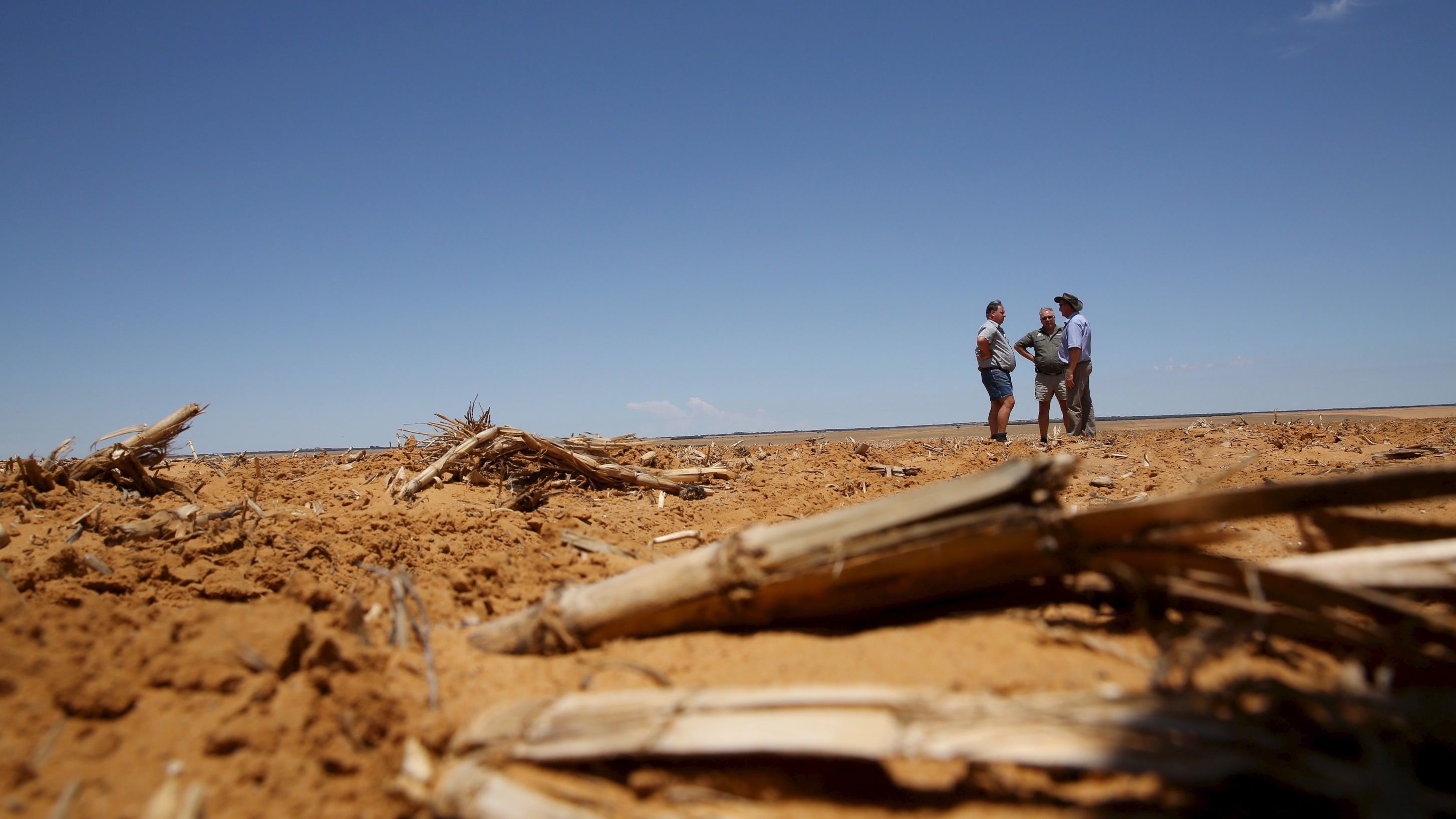Enjoy today’s food price deflation, continued population growth means it’s not going to last forever
We have long held that a growing global population paired with an expanding middle-class, primarily in the emerging markets, would drive incremental demand for resources such as food, energy, and water. A new report from published in the Proceedings of the National Academy of Sciences calls for the population in Sub-Saharan African countries to grow by another 1.3 billion over the next 30 plus years placing greater import demands for a variety of products, including cereals. Enjoy the current bout of food deflation, which is likely to get a tad better in the coming months thanks to a near record corn crop, but it’s not likely to last.
With a population expected to expand by another 1.3 billion people by 2050, Sub-saharan African countries will have to import half of all needed cereals in the next 30 years, if drastic changes to agricultural methods aren’t taken, the study concluded.
Over the past decade, development organizations have been working on improving the productivity of African farms to deal with food insecurity as the continent’s population booms. By closing the gap between what farms actually produce and what they could produce, Africa would have enough food to both feed itself and become a new breadbasket for the world.But according to a new study published in the Proceedings of the National Academy of Sciences, even closing that gap will not be enough to meet Africa’s food needs. The study, based on 10 countries that account for 58% of the continent’s arable land, found that closing that gap would only maintain the current level of self-sufficiency. It will also need to dramatically increase its agricultural efficiency. Right now, Africa imports 20% of its cereal needs, despite having a quarter of the world’s arable land.
Source: Study: Sub-Saharan Africa will soon have to import half of its needed cereals — Quartz




